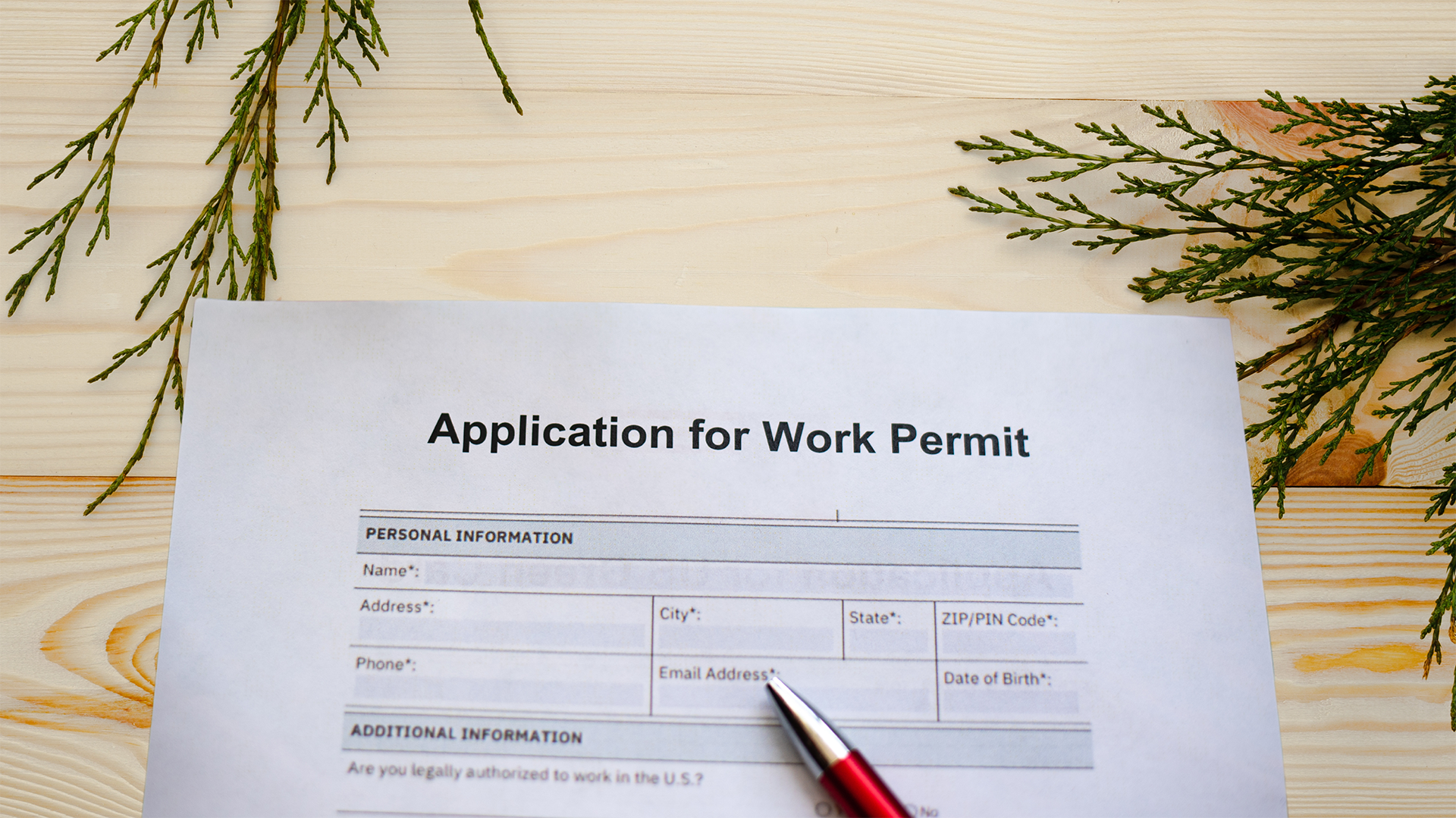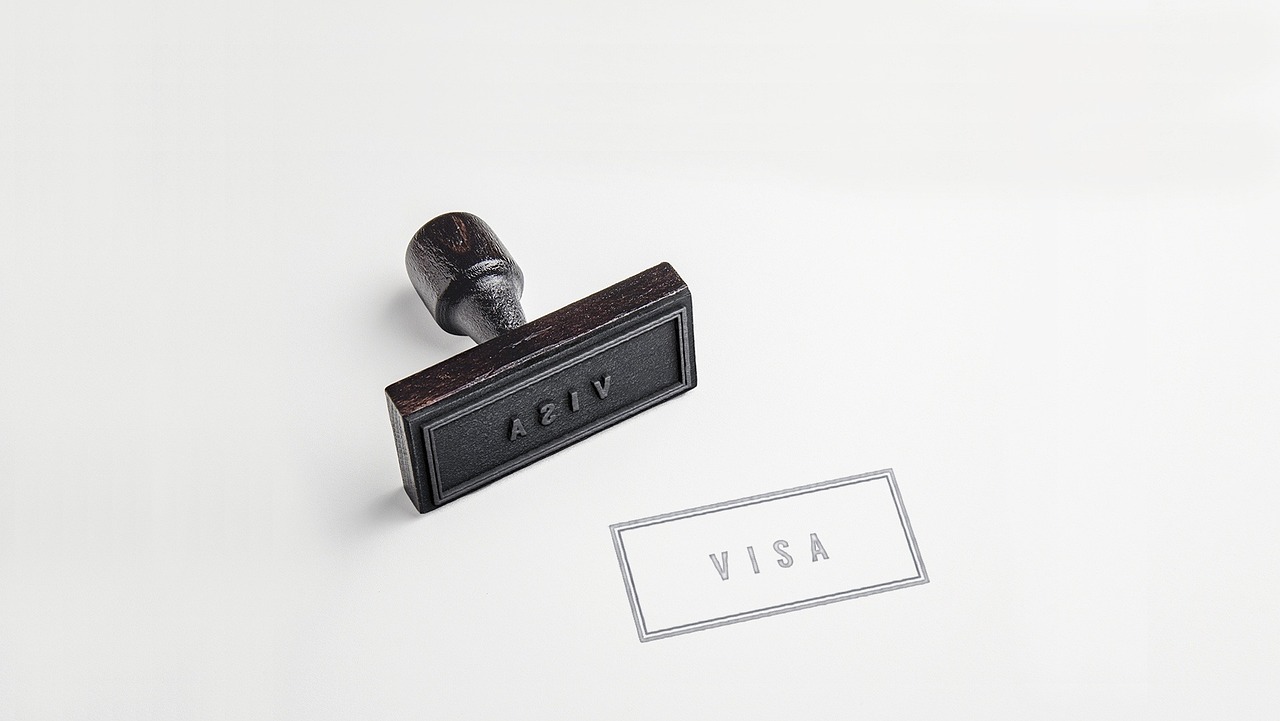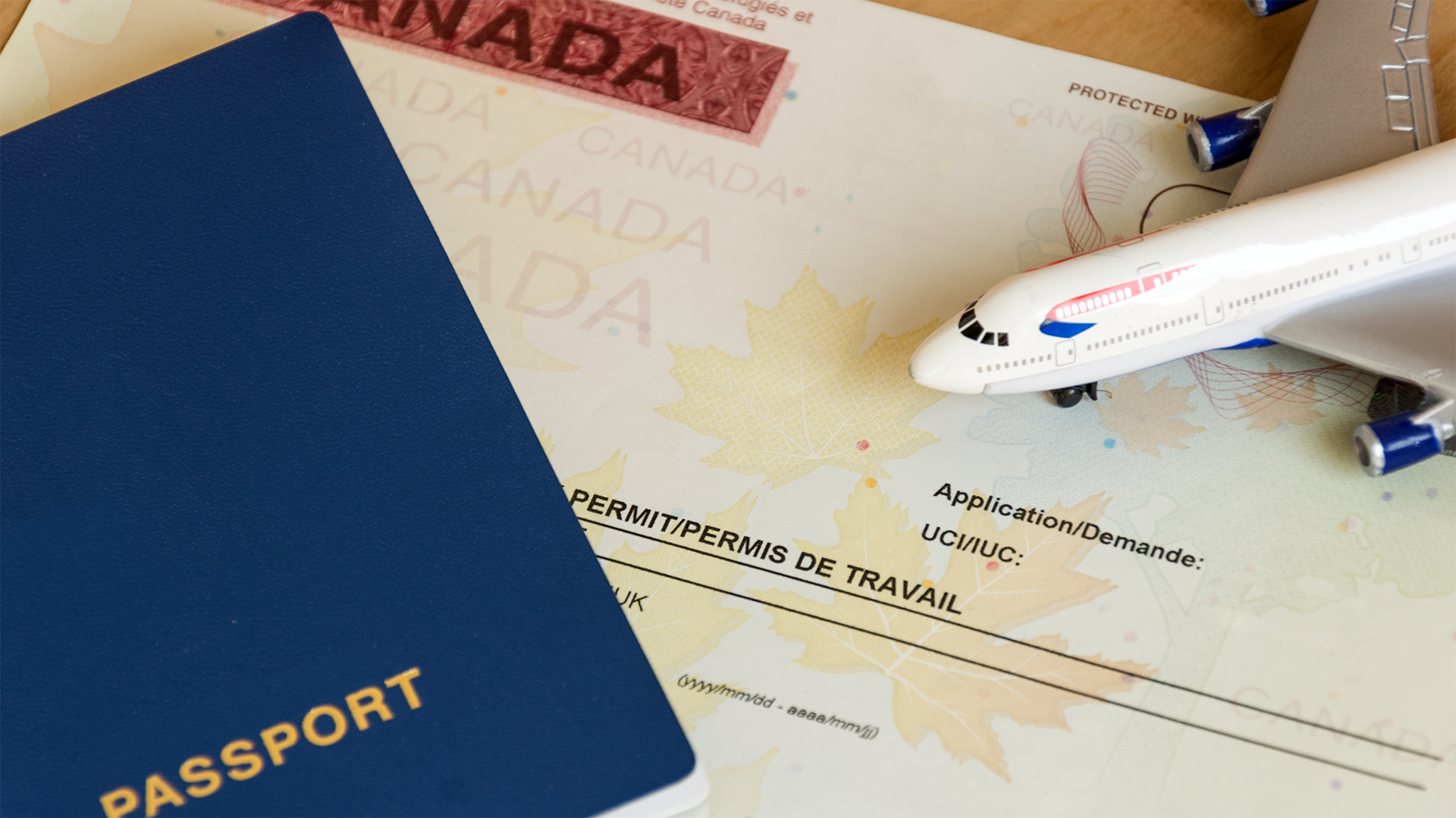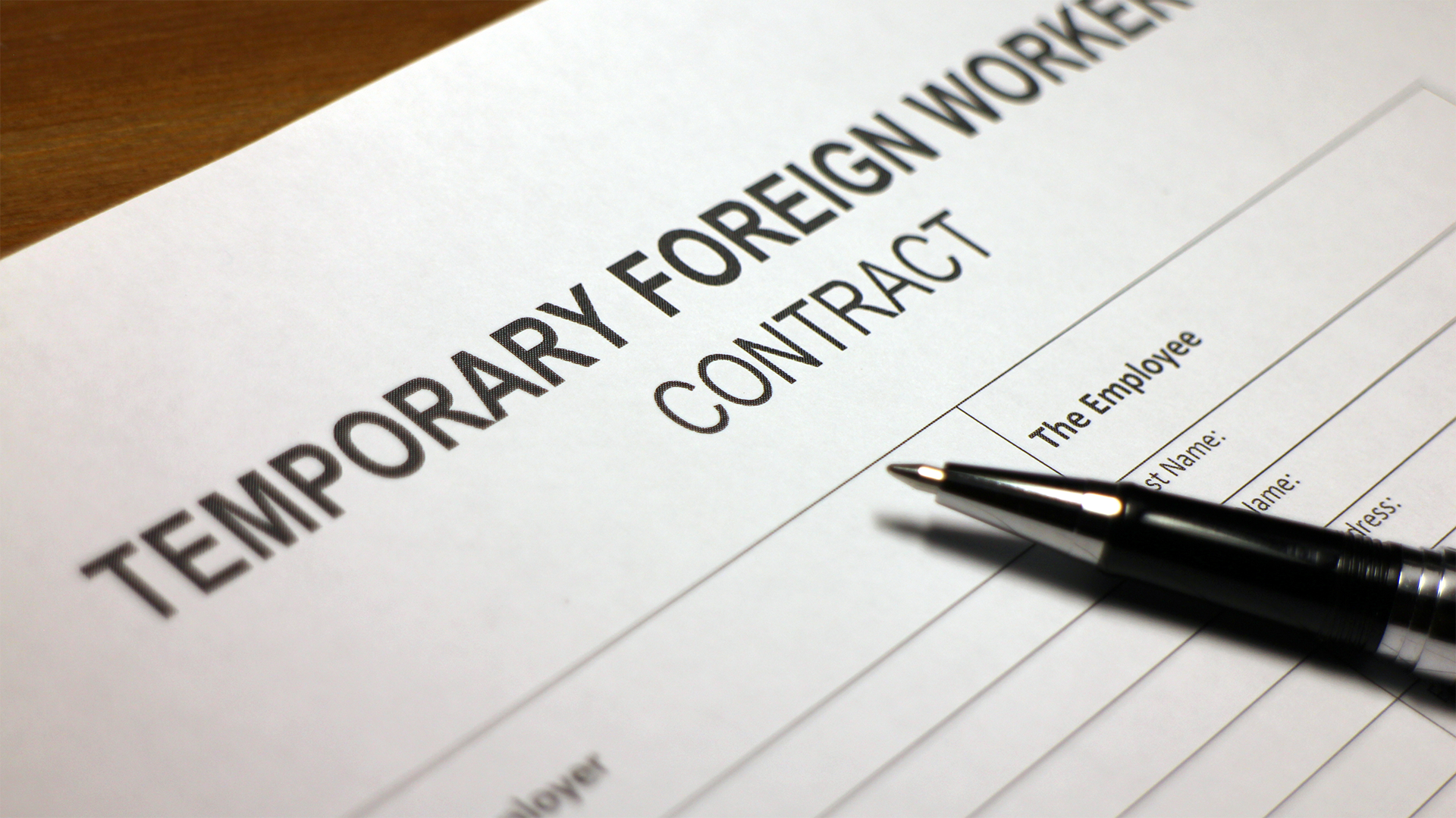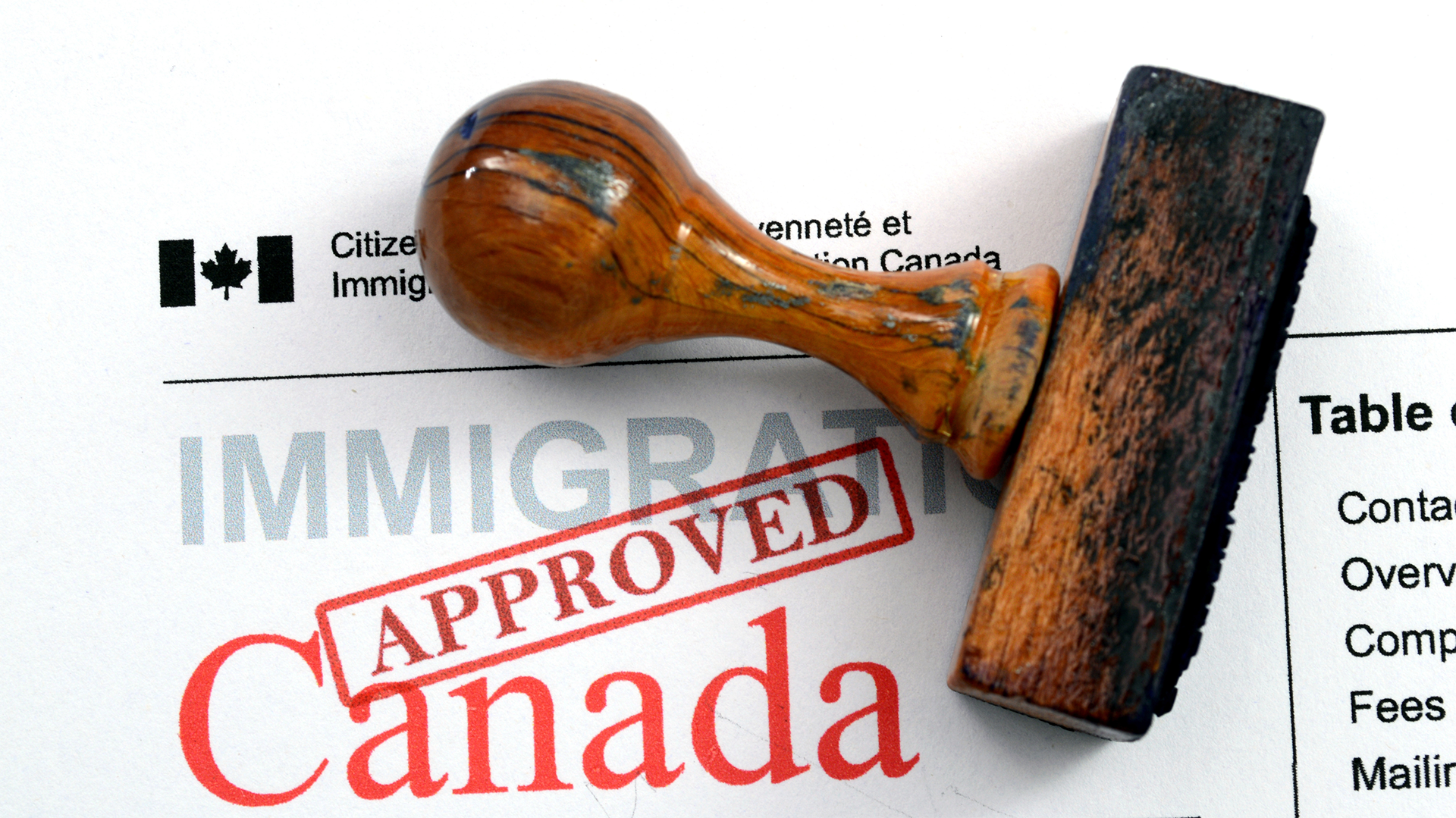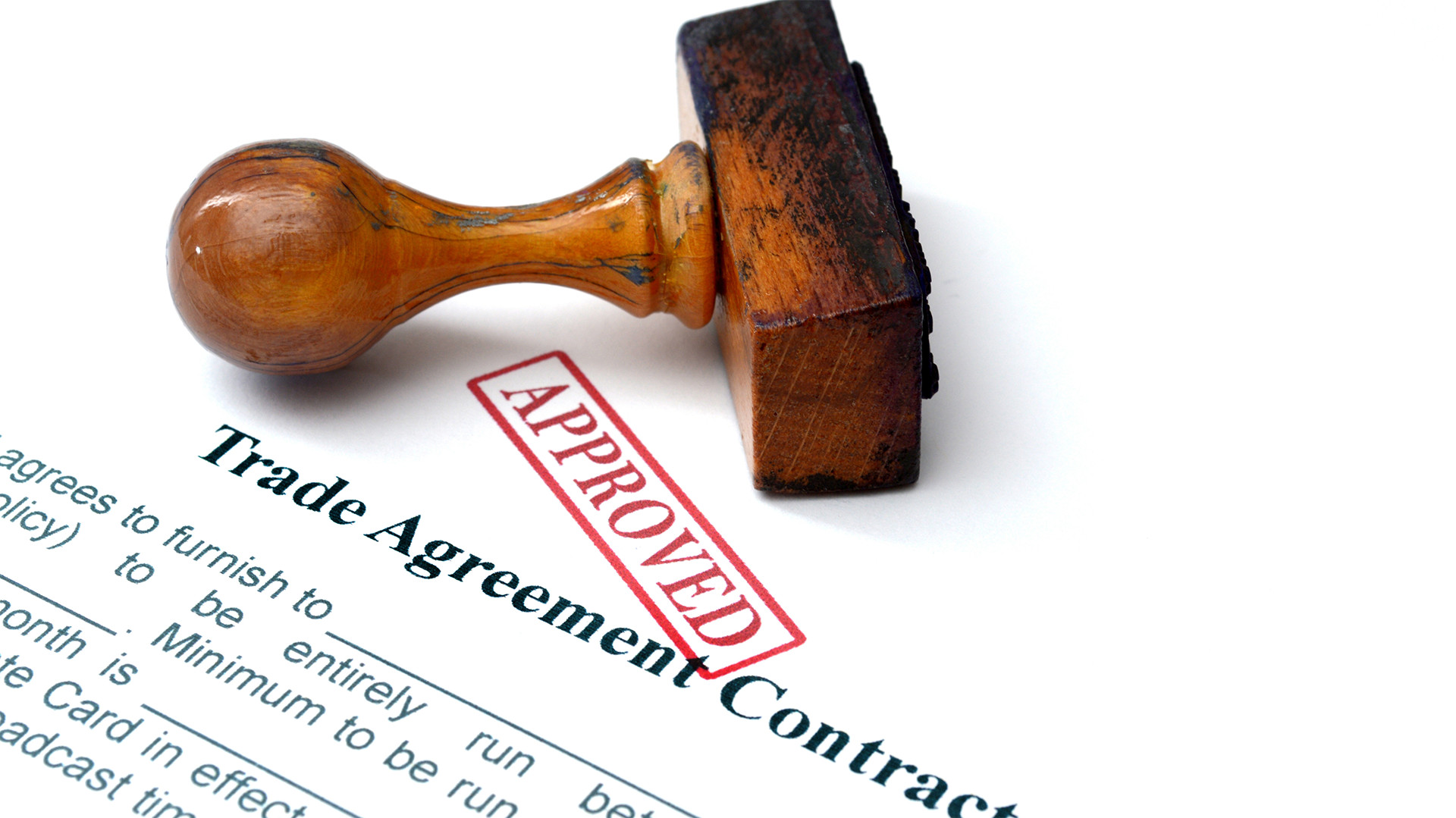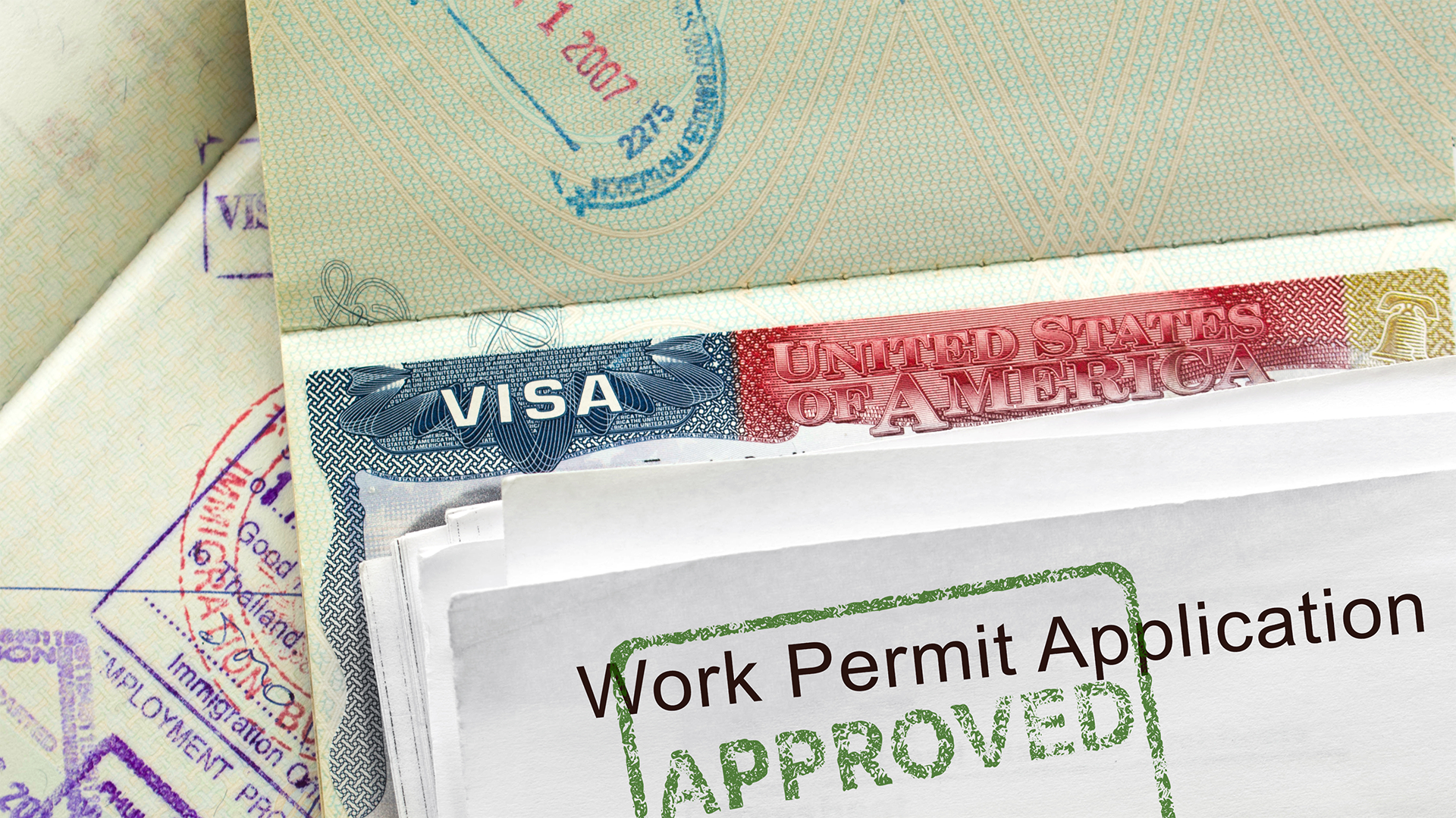Do You Need a Canadian Work Permit?
If you’re considering working in Canada, it’s important to understand the work permit options as per your eligibility. The Canadian government offers work permit opportunities under two main categories: the Temporary Foreign Worker Program (TFWP) and second is the International Mobility Program (IMP). Here’s a comprehensive guide to help you navigate the requirements.
Types of Canadian Work Permits
1. Temporary Foreign Worker Program (TFWP)
-
Labour Market Impact Assessment (LMIA) Required: If you’re applying under the TFWP, your Canadian employer must first obtain an LMIA. This assessment verifies that hiring you will not adversely affect the Canadian labor market by ensuring that no qualified Canadian workers are displaced and wage levels are not undermined.
2. International Mobility Program (IMP)
-
LMIA Not Required: The IMP provides work permits without the need for an LMIA in certain situations. This program includes various exemptions and agreements that facilitate easier entry for foreign workers.
Popular LMIA-Exempt Work Permit Categories
-
CUSMA: The Canada-United States-Mexico Agreement (formerly NAFTA) offers the opportunity to Mexican and U.S. citizens to work in Canada without an LMIA which is subject to specific conditions.
-
Intra-Company Transfers: Employees transferring from a company's international branch to its Canadian office may be eligible for an LMIA-exempt work permit.
-
Business Visitors: Business visitors coming to Canada for short-term business activities might not need a work permit, provided they do not engage in the Canadian labor market.
-
Post-Graduation Work Permits: International students who graduate from designated Canadian educational institutions can apply for a work permit to work in Canada for up to three years.
Determine the Right Work Permit for You
1. You Have a Job Offer in Canada
-
What to Do: If you have a job offer, identify the appropriate work permit and determine whether an LMIA is required.
2. You Have a Job Offer in Quebec
-
What to Do: Quebec has specific immigration rules, including the need for a Certificat d’acceptation du Québec (CAQ).
3. You Are a U.S. or Mexican Citizen
-
What to Do: You might qualify for a work permit under CUSMA, which often simplifies the process compared to other permit types.
4. You Are a Canadian Business Hiring a Foreign Worker
-
What to Do: Understand whether you need to obtain an LMIA for your employee or if they can apply under an LMIA-exempt category.
5. You Are a Tech Professional
-
What to Do: Investigate work permit options designed for technology professionals, which may have expedited processing or exemptions.
6. You Work in the TV and Film Industry
-
What to Do: Some roles in the TV and film industry might be exempt from the LMIA requirement.
7. You Want to Work as an Entrepreneur or Self-Employed
-
What to Do: Look into work permits specifically for entrepreneurs and self-employed individuals, which have different requirements.
8. You Are a Recent Graduate from a Canadian Institution
-
What to Do: You may be eligible for a Post-Graduation Work Permit to work in Canada after completing your studies.
9. You Are Searching for Employment in Canada
-
What to Do: Without a job offer, explore open work permits and other pathways to work in Canada.
Need Help with Your Work Permit?
Navigating Canada’s work permit system can be challenging. For professional advice tailored to your needs, contact CWC Immigration Solutions.
Request a Free Consultation:
For personalized assistance and to begin your journey to work in Canada, connect with our team at CWC Immigration Solutions today.











